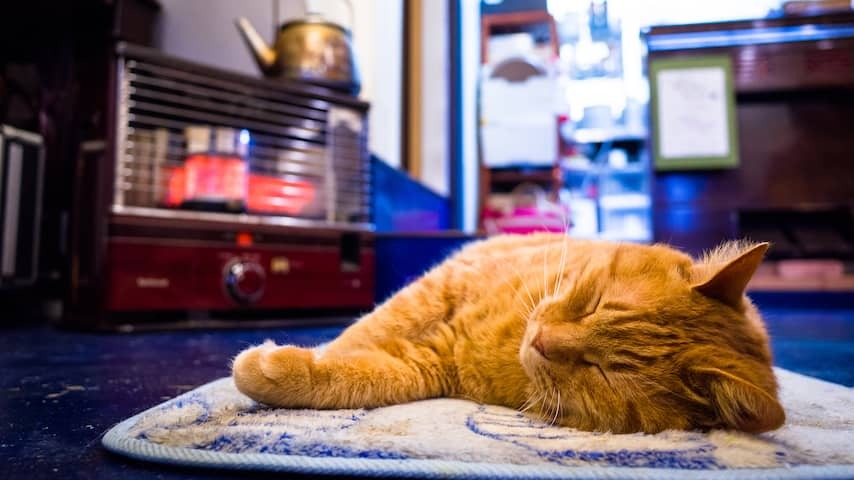
The autumn has begun. The days, and especially the nights, are getting colder. For many Dutch people, it’s time to turn on the heating. And time to have the central heating boiler checked again, before you unexpectedly end up in the cold.
According to heating expert Maurice Roovers of Techniek Nederland, about 35 percent of Dutch central heating boilers receive little or no maintenance. “That can not only lead to dangerous situations, but also causes poor combustion of the flue gases, which makes the energy bill unnecessarily high.”
That’s no fun for anyone. That is why maintenance on the central heating boiler should take place annually or every two years, says Roovers. “The installer checks the operation of the central heating boiler and replaces parts that need replacing. This way the boiler will continue to work optimally in the coming winter.”
If this does not happen, it could get busy at heating companies in the near future. Last January, installers had to work overtime to help customers who were sitting in the cold. “Fortunately, it is not very cold yet, so that rush will wait a little longer,” says Fons Verspeek of installation company Verspeek in Valkenswaard.
And if all boilers are properly maintained, there is nothing wrong if it gets colder, Verspeek thinks. But with old, poorly maintained boilers, the cold can lead to problems. Then it is often difficult to find a mechanic during the winter period who can come and check your boiler.
Take good care of your boiler yourself
When people start using the heating frequently again, it is important that they keep a close eye on the central heating pressure themselves, says Verspeek. “That’s like the oil level of a car, very important for a healthy boiler.” For most central heating boilers, the pressure must be between 1.5 and 2 bar.
In addition, the temperature of your boiler does not have to be very high. “In the past, boilers were often set at 80 or 90 degrees, that is not necessary. About 70 degrees is sufficient,” says Verspeek.
It is also important to bleed your radiators regularly. “And check carefully whether the battery of the room thermostat is working. That will quickly save you a call to the mechanic.”
Heat pumps and air conditioners
Those are the simple things, says Verspeek. But for the mechanics it is no longer just the standard story of the central heating boiler. There are now several ways to heat the house. For example with an air conditioner. “Before you call a mechanic, you can always check your filters first. Are they clean?”, says the mechanic. If they need to be replaced, you can do that yourself. You don’t need a mechanic for that.
With a heat pump, it becomes very difficult to maintain it yourself. “Those installations sometimes look like half a machine room. As a mechanic, you really have to know something about this to maintain it properly.”